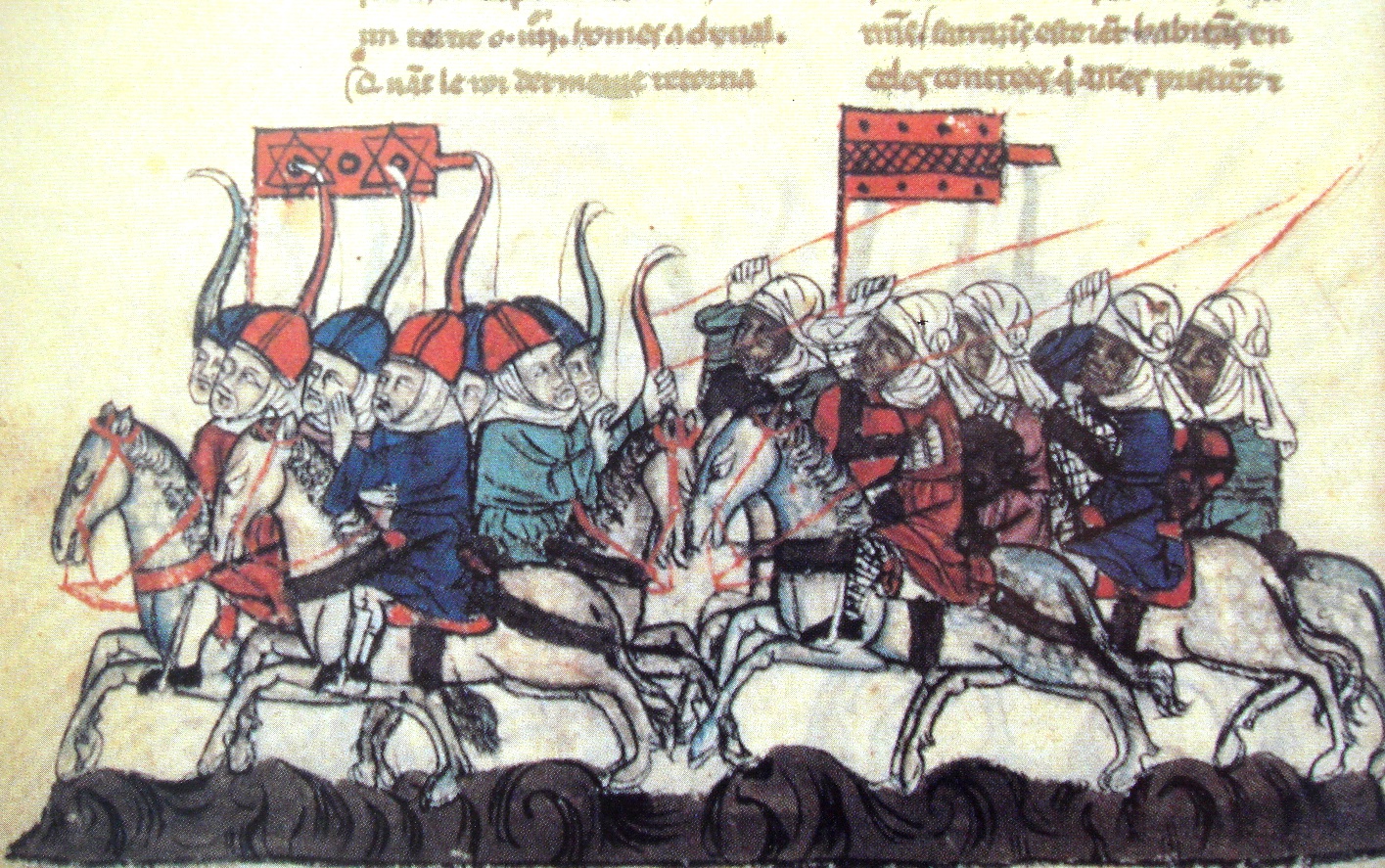By Sarah Bakhtiari

Are there conditions for peaceful secession? Ryan Griffiths argues yes, given distinctions in administrative architectures. Applied to the potential for peaceful Kurdish secession, Kurdish leaders increase the probability of such an outcome to the degree that they can create perceptions of administrative distinctiveness for the region. This gives rise to questions of self-determination versus secession from the vantage point of international law—which appears to be an element of Putin’s rhetorical strategy regarding Crimea.
Is there a disjuncture between the vocabulary of international justice and the outcomes it seeks? The language of individual accountability localizes accountability and potentially excludes consideration of the role of external actors—possibly the case in the Hissène Habré trial.
Narrative is an important aspect of the constitution of policy issues, to include that of warfighting. Peter Singer and August Cole explain how fiction might also illuminate the challenges of future war by avoiding some of the bureaucratic constraints that characterize war-gaming.
How should scholars measure their contribution to the field of International Relations? Cullin Hendrix reviews how the publication citation count came to be, and analyzes citation data on a thousand of the most heavily cited IR scholars to evaluate what insights citation counts offer. Statistics can be misleading, especially when the wrong statistic is used to substantiate evidentiary patterns.
Does the concept of emergent phenomena—those that possess a complexity belying the simple operation of its entities—challenge the microfoundational approach?
Has the academy’s analysis of the Islamic State lagged behind the group’s battlefield advances? The editors of Perspectives on Terrorism thought so, which prompted a special issue on the Islamic State that investigates multiple facets of the group.
Is a world without nuclear weapons still feasible, or has international momentum behind the nuclear non-proliferation regime flagged?






